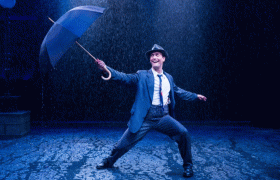Seven Ways Harry Potter Encourages Kids
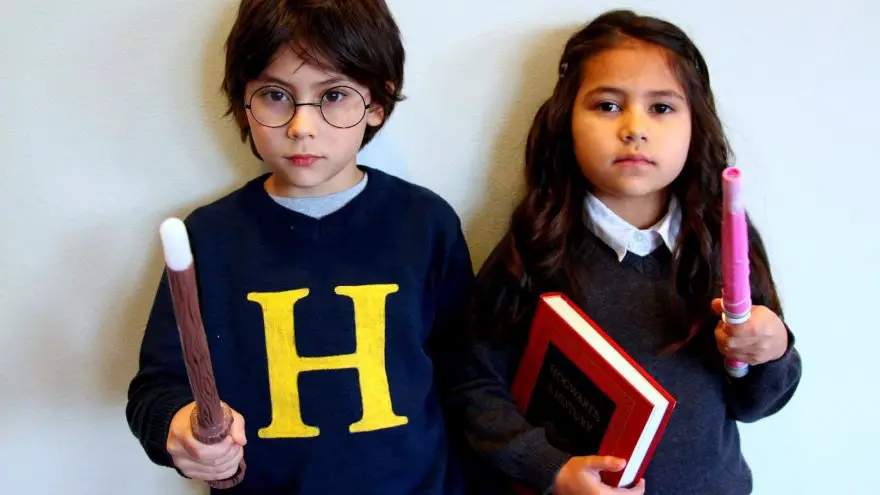
One of the best parts about reading with your child or seeing your child read, is the comfort you get in knowing that your kid is learning. But when your kid sits down to read a good book, she’s learning a lot more than you might initially think. In addition to expanding her vocabulary and developing proper and deeper reading comprehension skills, your kid is actually learning valuable life lessons that will ultimately bolster her emotional growth.
There are tons of excellent books out there that encourage kids to develop positive emotional qualities that we’d all love to see in our children. A favorite choice for a lot of parents is the Harry Potter books by J.K. Rowling. The exciting tales of wizardry and spectacular magic that can be found within the Harry Potter series offer far more than quality entertainment; they entertain but these tales also make us (and our kids) reflect on what it means to be a strong, passionate, caring, and intelligent individual.
The reading level of the Harry Potter series begins at about age 9 or 10 (in the beginning of the book Harry is 11 years of age), but whether you’re reading Harry Potter to your third or fourth grader, or you’ve noticed your 12-year-old has taken an interest in the series, you can be rest assured that your kid is learning about all the qualities you would definitely want to instill in her. We’ll look at some examples from the first book in the series—Harry Potter and the Sorcerer’s Stone—to show examples of 7 ways that Harry Potter encourages children to be better human beings through the values and life lessons that can be learned throughout the story.
The Value of Relationships and Making New Friends

While Harry himself is a character who possesses plenty of courage on his own, there’s a lot he wouldn’t have been able to face or achieve without the help of his closest friends.
To begin with, if it weren’t for the warm hearts and open arms of characters like Hagrid, Ronald Weasley, and Hermione Granger, Harry very well might not have felt very comfortable or accepted upon his initial arrival at Hogwarts School of Witchcraft and Wizardry. It’s with the help, kindness, and encouragement of Harry’s new friends that make the transition from everyday kid to well-respected, prodigious wizard a little easier. Harry most definitely encounters a little bullying from a character like Draco Malfoy, but he knows that he has friends by his side no matter what. Hagrid, Ronald, and Hermione all offer Harry guidance and camaraderie when he needs it most. Harry is navigating a world that’s both new and strange to him, and that navigation would be all the more difficult if he didn’t have friends to help him through it.
And let’s not forget, even though Harry is incredibly brave, searching for the sorcerer’s stone and battling Lord Voldemort would be an even more insanely tough task without the help of his friends.
If you want to think about how your child might use this lesson in the real world, just think about being the new kid at school. Maybe your child isn’t the new kid, but she sees how rough of a time the new kid is having. Maybe after your child has read Harry Potter and understands the value of being there for somebody, she’ll reach out to the new kid and make the scared and intimidated new student feel comfortable.
The Responsible Use of Power
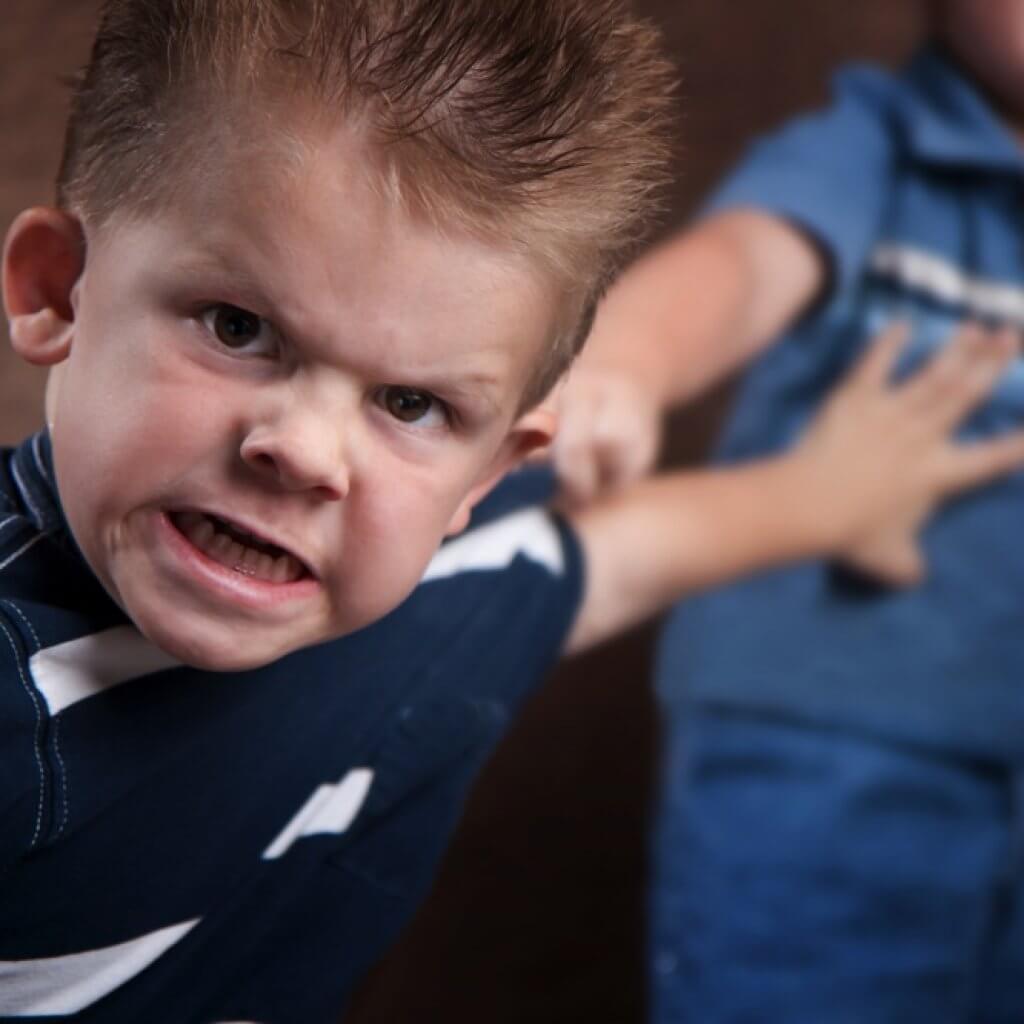
In examining the way in which the value of responsibility shows up in Harry Potter, let’s just think about the sorcerer’s stone and the hunt for the stone in general. The whole reason that Harry and his friends need to find the stone to begin with, is because Lord Voldemort does not plan to use the stone in a responsible manner (the children initially believe that Professor Snape is looking for the stone, but once the story reaches its climax they learn it’s really Lord Voldemort they should have been worried about). The sorcerer’s stone has the great power to give whomever possess it an extended life due to the fact that the Elixir of Life is made from the stone.
Lord Voldemort is looking for eternal life so that he can cause more harm and evil—he knows that the stone is out there and plans to use the power of the stone for his own evil agenda. To possess the stone means to be in possession of a great power, and as the saying goes, “with great power comes great responsibility.” This is something that Harry realizes, and it’s why he and his friends put forth all of their brave efforts into making sure that such great power doesn’t fall into the wrong hands.
Through reading Harry Potter, your child will learn that people have to be responsible if they’re put in any sort of powerful position. Let’s say your kid is put in some sort of leadership role for a class project. She’s going to need to understand that by being in that position, she has a greater responsibility to her peers and to the success of the project. If your kid abuses her power as a team leader, the results won’t work in anybody’s favor. An abuse of power only leads to the demise of the one in power, and reading Harry Potter is a great way to learn that lesson. Being the one in charge of a school project isn’t exactly the same as possessing a magical stone, but the value of the responsibility of power will still come across nonetheless.
How Actions have Consequences
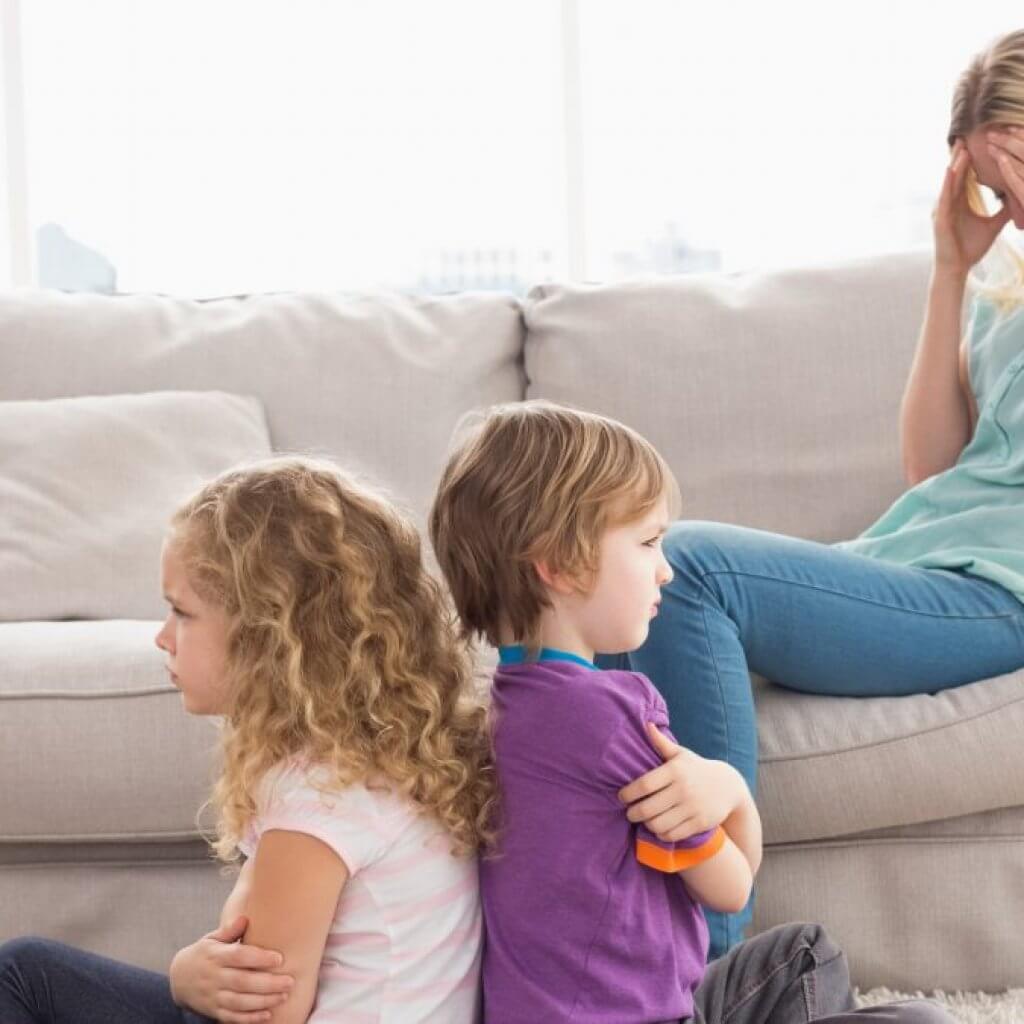
Let’s take a look at the search for the sorcerer’s stone again. As we’ve already discussed, Lord Voldemort is out to obtain the stone for his own evil intentions. Well, we see where that gets him: nowhere. Lord Voldemort’s malicious intent only backfires; it leaves him with little to nothing at all. Lord Voldemort’s intentions and actions only cause him further harm. By trying to do the wrong thing, Lord Voldemort suffers the consequences.
When your kid sees that harmful intentions only result in a downward spiral of destruction, they’ll internalize that fact and will learn that doing the wrong thing will only create further difficulties. Maybe your kid has been acting in an aggressive or mean manner, or maybe it just seems like she doesn’t yet understand how to do the right thing and what that means. If that’s the case, you can say to your kid, “Remember what happens to Lord Voldemort? Remember how his greed and search for power to do evil gets him nowhere, that it only makes things worse?” That’s a lesson your kid will undoubtedly understand if she just reflects a bit on the fate of Lord Voldemort. You don’t want to necessarily teach her to empathize with Lord Voldemort (although empathy is definitely an important life lesson), but you should make it clear to her that Lord Voldemort’s malevolent actions don’t work out in his, or anybody else’s favor.
How to Accept Others
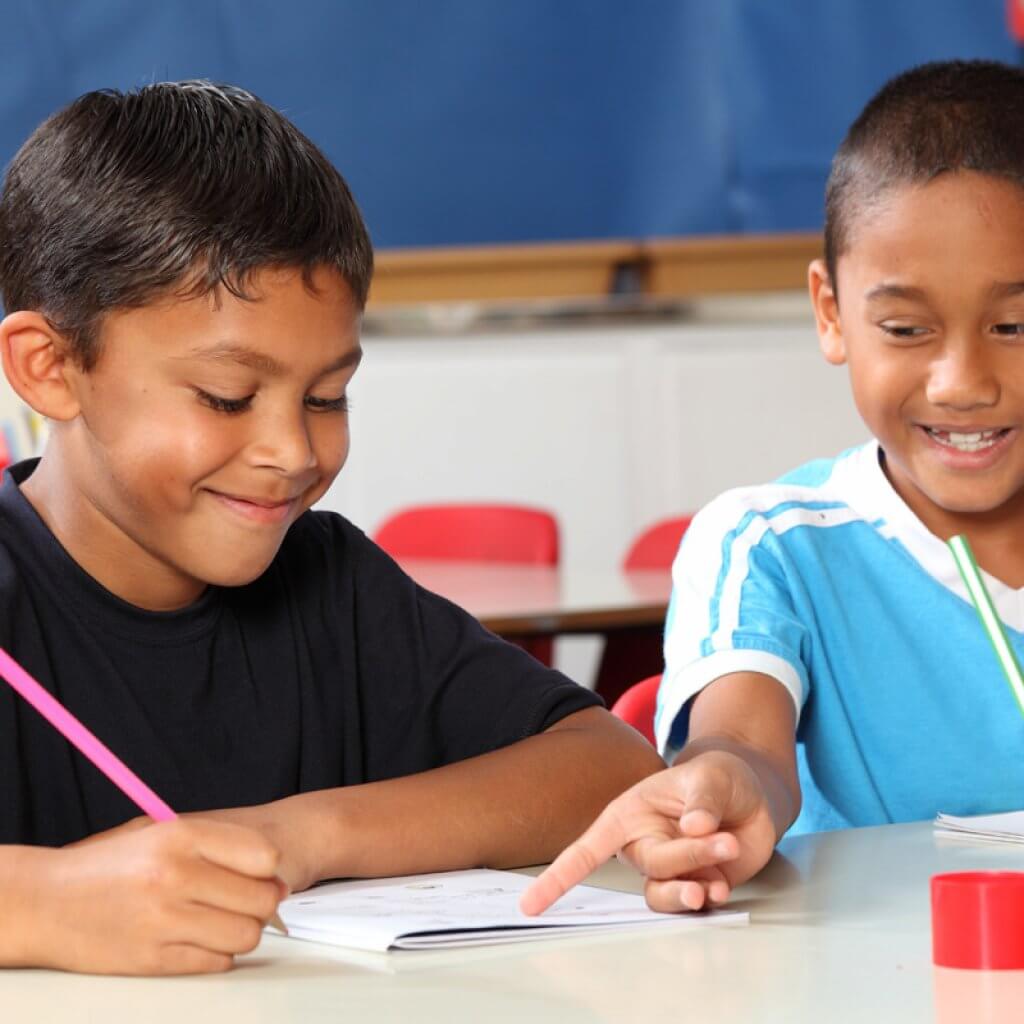
We’ve already talked about the ways in which Harry Potter puts emphasis on the value of friendship. One way that we learn the importance of friendship in Harry Potter—other than the importance of camaraderie in tough times—is through the lesson of learning to accept others.
Let’s take Hermione’s background into account here. Hermione is a muggle-born witch. This means that she is a child with great magical powers, yet her parents possess no such powers. Draco Malfoy often puts Hermione down for the fact that she has a muggle background. A character like Draco shows us how some people in the world do not accept or respect others because they might come from a different background than themselves. Draco feels that Hermione is not worthy of practicing magic because her parents are muggles, and this negative attitude towards muggles is a great example of how some people’s beliefs and values are negatively shaped by biases held against those who are considered “different” by one standard or another.
Even though Hermione is of muggle descent, her lineage in no way plays any part in her ability to practice magic—and more importantly— it says nothing about her overall character as an individual. Hermione is intelligent (perhaps the most intelligent of all the characters), kind, loving, compassionate, and brave. Not only does Hermione possess all the wonderful qualities you could ever ask for in a person, but her background in no way influences Harry’s opinion of Hermione. Harry only sees Hermione for what she truly is, which is a caring, passionate, and intelligent person. Hermione has no wizard or witch blood, but that doesn’t matter to Harry; what matters to Harry is that she treats him with respect and love, and that’s what counts.
If we want to look at how this lesson can translate to the everyday life of your child, let’s look again at the example of a new kid at school. Let’s say your kid is the one at the new school this time. Your child might feel alone, helpless, hopeless, intimidated, and scared. Just imagine what it would be like to feel this swirl of all these intense emotions, and a child of a different background reaches out to your child, and your kid rejects the other student’s kindness because of the student’s background. Why would anyone reject the empathy and kindness of another simply due to a difference in background? If your child (counterintuitively, indeed) rejected the warmth of open arms, she would still feel alone, confused, and scared—not to mention her act of rejection might make her even more confused and distressed.
When your child reads in Harry Potter that people of varying backgrounds come together to help each other in times of need and are present for one another to face the occasionally cruel and cold world, your kid will understand that everyone is special and full of wondrous love, regardless of where they come from. Harry Potter shows that anyone from all walks of life can unite and work together in order to successfully overcome any hardship or daunting task.
The Importance of Being a Good Role Model
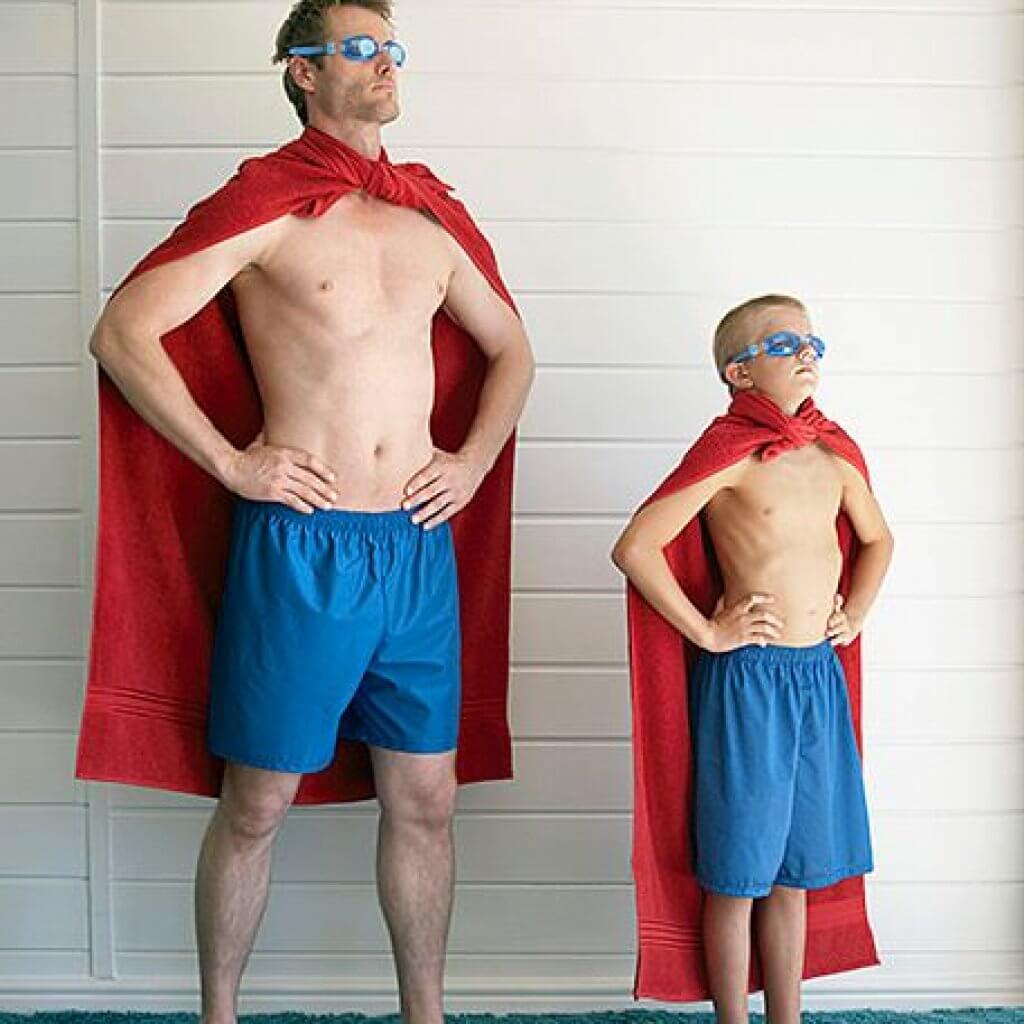
Harry certainly looks for guidance in his peers, but it’s not only his peers who help him through his journey. Harry is fortunate enough to have adults who are looking out for his best interest. Characters like Professor Dumbledore—and even Hagrid—are there for Harry to give him the wisdom he needs and let him know that he possesses great strength and courage.
If Harry and his friends simply ignored the advice given to them by others who have more experience, they might not have felt as confident in their abilities. Harry does not disregard what others try to teach him; he takes what they have to say to heart, and he uses that wisdom to guide him through hard times.
All kids need good role models and mentors, and Harry Potter shows the importance of a good role model. Not only does the story show that role models are good and that children should listen to good advice, but the story also shows kids that they may one day need to act as positive influence in someone else’s life. The story already teaches the lessons of working with your peers, and it also shows the importance of working with older, more experienced individuals as well.
How to Give it All You’ve Got

Harry and his cohorts are most certainly faced with a seemingly insurmountable and impossible task: find the sorcerer’s stone and make sure it doesn’t fall into the wrong hands; that’s a pretty tall order no matter who you are. Regardless of the difficulty, Harry pulls through and makes it to the other side. He’s able to conquer a variety of adversities simply because he puts his mind to succeeding. If Harry and his friends possessed no will power, strength, determination, and drive—they wouldn’t be able to achieve their goal and save the day.
If your kid is struggling with anything—whether it be school, a recreational sport, learning a new instrument, or making new friends—just remind them that Harry is able to get through the tough times because he tries his hardest without giving up, all the way to the very end.
How to Stand on Your Own

One of the biggest reasons (if not the biggest) your kid will relate to the characters of Harry, Ronald, and Hermione, is that those characters are kids. If we look at the fact that the main protagonist is 11 years old, in tandem with the notion that you can do anything you set your mind to, we can see how reading Harry Potter will lead your kid to realize that she can be self-empowered.
Sometimes kids feel like they can’t do anything or aren’t important simply due to the fact that they are kids; but there’s no reason for a child to feel that way. When your kid reads Harry Potter and sees that other kids (albeit in a fictional and fantastical story) are able to conquer anything with their own intelligence, determination, and confidence, your child will see just how much she herself is capable of. Sure, Harry relied on the help and mentorship of those older than him to give him wisdom, but it was Harry who defeated Lord Voldemort.
Books like Harry Potter are so important in showing kids that their life is in their own hands, and that they have the ability to do anything they want. Harry Potter goes beyond instilling the value of determination and hard work; it goes a step further by showing that Harry Potter (a kid) is able to fight through adversity due to his own emotional strengths. Not only does Harry Potter teach that anything is possible, but it teaches that anything is possible even for kids.
These are just a handful of the ways in which Harry Potter can encourage your child to strive to be empathetic, courageous, determined, and kind. If you want to figure out more ways that Harry Potter can enrich your kid’s life and teach her important life lessons, you’ll just have to open up the book and let the story work its magic.


